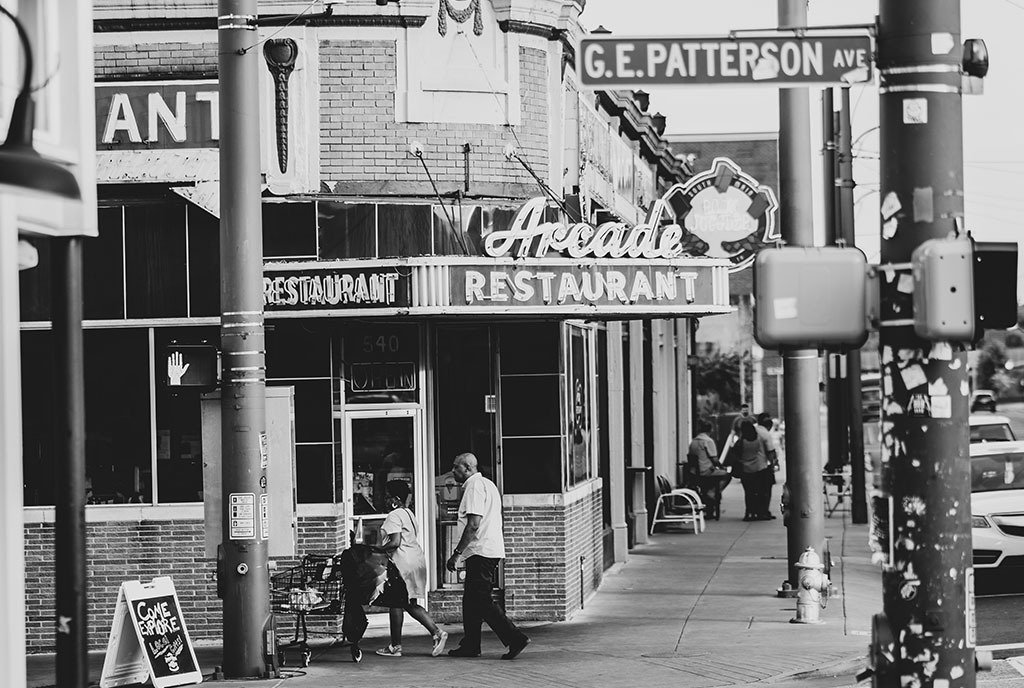


Memphis, a city with a rich cultural heritage and a predominantly Black population, is witnessing a resurgence in efforts to support Black-owned businesses and rebuild cultural institutions. Historically, figures like Robert Reed Church, who became the first Black millionaire in the U.S. by the early 20th century, laid the groundwork for a vibrant Black middle-class neighborhood in Memphis. Today, however, the city faces challenges, with a median income of $19,844 and a poverty rate of 52.4% among its 91% Black population [4f5713cf].
Recent reports indicate that many Black-owned businesses in Memphis are non-employer firms, which limits their potential for growth and generational wealth creation. The Kataly Foundation, led by Nwamaka Agbo, emphasizes the need for restorative economics and community ownership to address these disparities. The Heartland Forward report outlines strategies for enhancing the entrepreneurship ecosystem in Memphis, including improving access to high-speed internet and fostering mentorship opportunities [3059d755].
The importance of storytelling as a tool for advocacy and community resilience is highlighted in ongoing efforts to close the wealth gap, which remains stark in cities like Atlanta, where the average Black family has just $1 for every $46 of a White family. This narrative is crucial in understanding the cultural heritage that drives economic development in historically Black communities [4f5713cf].
Memphis Mayor Paul Young recognizes the role of arts and culture in economic revitalization. He plans to establish an office of arts and culture within the city government to support creatives and promote the city’s African American culture and history. Young believes that a vibrant arts scene will attract young talent and contribute to public safety and downtown revitalization [4fc0e635].
In addition to economic initiatives, the Creating Justice Los Angeles Peace and Healing Center in Skid Row serves as a model for community healing and support. Celebrating its first anniversary, the center offers various services to both housed and unhoused community members, emphasizing the importance of social, emotional, and physical well-being [eafe96f9].
As Memphis continues to navigate its complex history and the ongoing struggle for economic justice, the intersection of culture and economy remains pivotal. Historic sites like the Clayborn Temple serve as reminders of the city’s civil rights legacy and the ongoing efforts to repair economic disparities. The journey toward closing the wealth gap in Memphis and similar cities is ongoing, with community-driven initiatives playing a crucial role in shaping a more equitable future [4f5713cf].